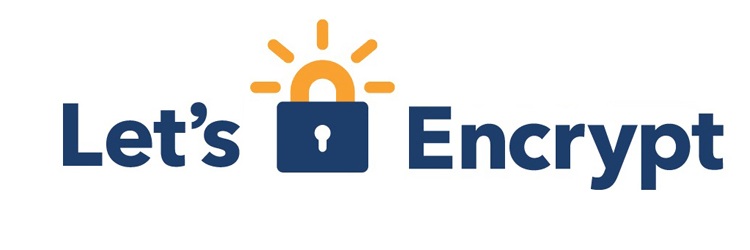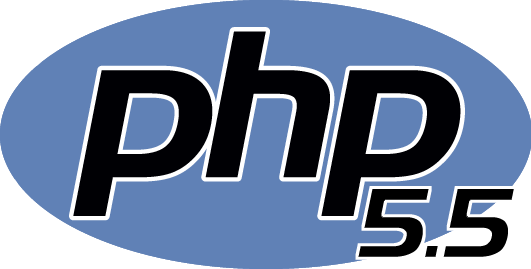
For some time now, the online security of websites has improved, thanks in part to SSL certificates. Most major browsers acknowledge this with that little green padlock ‘trusted’ icon in the URL bar, and Google is starting to roll out a change in its ranking algorithms to favor sites with SSL. At this time that boost is minor, but they plan to significantly increase that. Soon, browsers will start to warn users away from sites that do not have SSL.
The only drag factor in this progress has been cPanel. cPanel software is installed on the majority of the servers being used to provide low cost hosting solutions and their customers have been been clamoring for a free and easy to use SSL solution. cPanel 58 has been out now for many weeks and has proved very stable, and it introduced a new tool for web administrators called AutoSSL. The single most requested feature to add to this, proving one of the most popularly supported feature request in years, was to add Let’s Encrypt to the AutoSSL tool. Even though cPanel are not usually known for acting with speed, they have now released a plugin to do just that. This blog post tells how to install it. As I type this, right now, I am going to do just that on my server. Let’s see how well that goes (BTW, my server has cPanel 58 on the ‘Current’ updates channel, using EasyApache 4). (more…)

 Yes, another milestone this weekend as PHP 5.5 reaches the end of its safe operating life on web servers. As of July 9, 2016 it will receive no more security updates. Should you be concerned? Maybe, if you are one of the many web designers and site owners whose server runs on PHP 5.5.
Yes, another milestone this weekend as PHP 5.5 reaches the end of its safe operating life on web servers. As of July 9, 2016 it will receive no more security updates. Should you be concerned? Maybe, if you are one of the many web designers and site owners whose server runs on PHP 5.5.